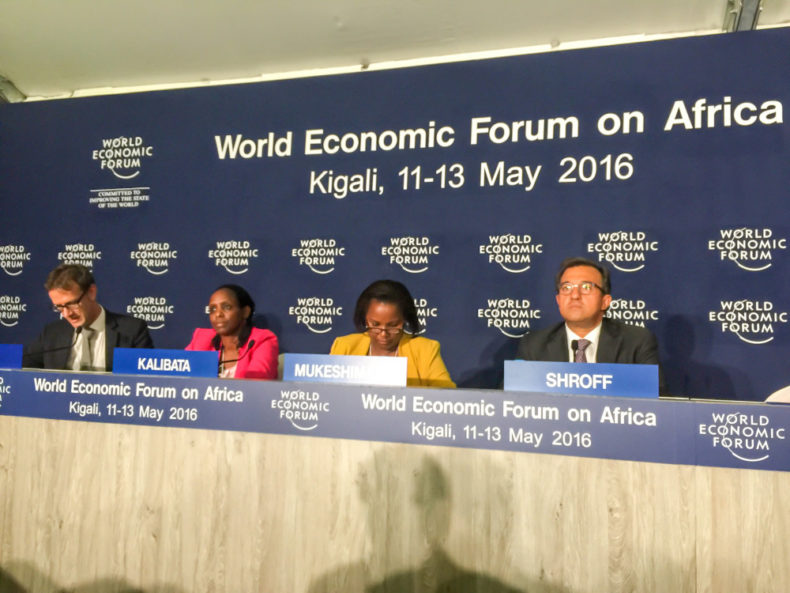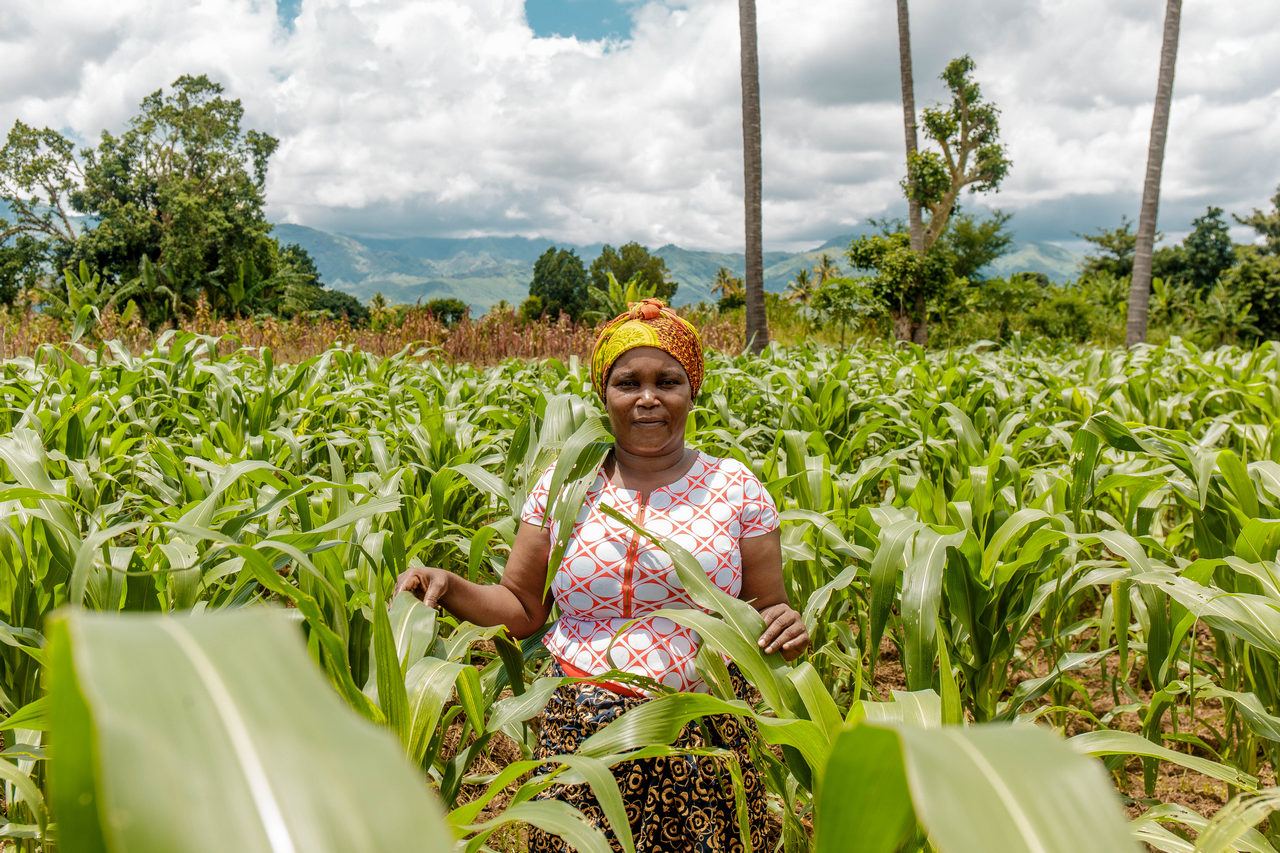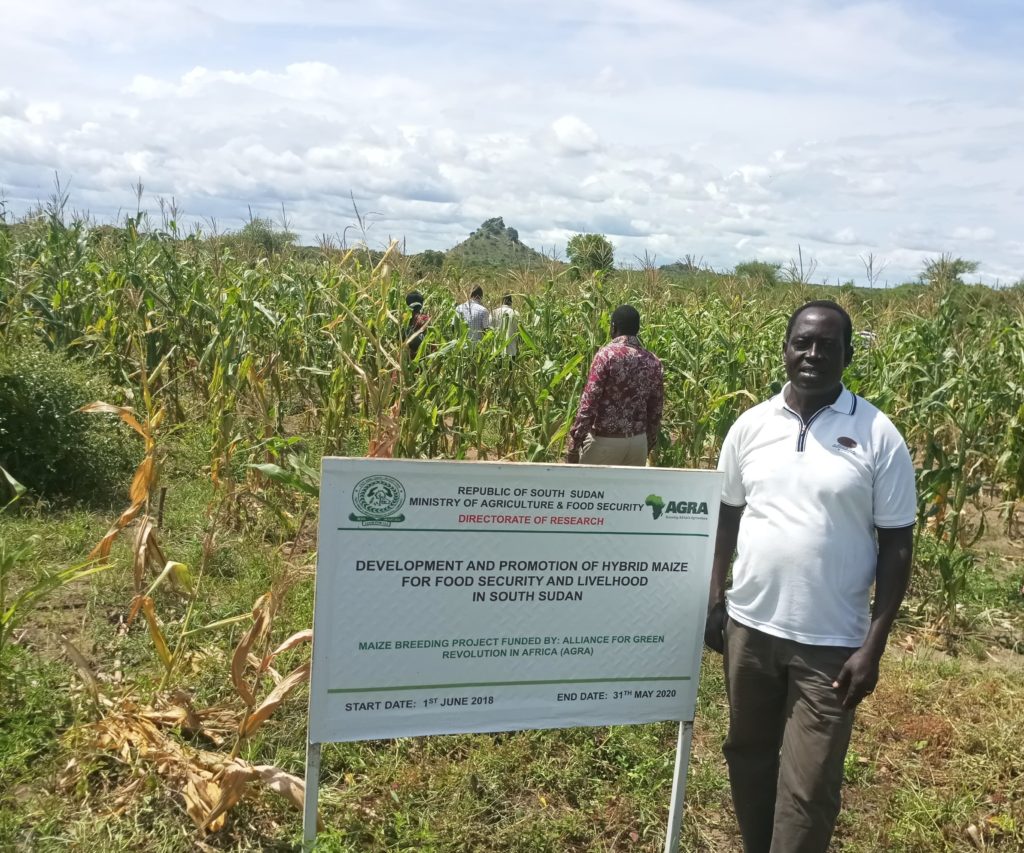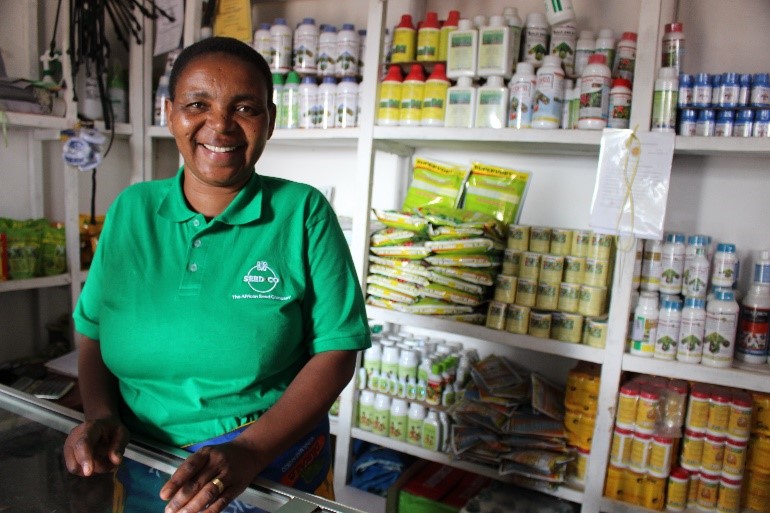Focusing on potatoes and perishables, this Public Private Partnership initiative will mobilize USD 2 Billion in the next decade to create integrated value chains and set up one million tons of cold storage facilities across Sub-Saharan Africa.
May 11 2016, Kigali, Rwanda – Post-harvest losses, accounting for more than 40 per cent of potatoes, fruits, vegetables and other perishables lost before reaching the consumers are a major impediment to the development and transformation of the African agricultural sector into the motor of economic growth that it should be.
These losses do not only amount to wasted resources and reduced returns on investment but also impact negatively on food and nutrition security of many communities across the continent.
To address this problem, AGRA and UPL Limited, through a major Public Private Partnership today launched the “Million Tons of Cold Storage in Africa Initiative”. The initiative aims to mobilize USD 2 Billion in the next decade to set-up cold storage facilities with a capacity of a million tons across Sub-Saharan Africa.
The partnership aims to revolutionize African agriculture and bring it on par with the rest of the world through the creation of innovative supply chains and energy efficient cold storage systems.
Speaking at the launch of the initiative on the sidelines of the World Economic Forum on Africa 2016 in Kigali, Rwanda, Dr. Agnes Kalibata, President of AGRA, explained how the initiative would allow farmers to have greater flexibility in what they grow and in when they decide to bring their produce to the market, leading to more negotiating power for the farmers and ultimately greater incomes. “Most importantly, the initiative aims to substantially bring down post-harvest losses of potatoes and other perishables: today, more than 40% of these are lost in their journey from farms to fork” said Dr. Kalibata.
Work on setting up three cold storage projects has already started in Kenya, Rwanda and Uganda. These projects–which are expected to be constructed and fully functional by the end of 2017–will be presented as a proof of concept and successful case examples of the proposed multi-partner consortium approach in setting up of viable cold-chains across Sub-Saharan Africa.
About 400 million people in Sub-Saharan Africa, or about 65% of the population, depend on incomes from farming and related activities. Most of these are subsistence farmers who consume 60% of the output from their farms of two hectares and less, and earn on average under two dollars a day. The majority grow row crops and other low value crops, trapping them in a vicious cycle of low labor productivity and incomes.
“Even if these farmers could be convinced to grow other higher value crops through risk mitigation mechanisms such as insurance and market access, there exists an even bigger and seemingly insurmountable barrier. Currently, there are no functioning cold chains handling fresh produce at scale in most of Sub-Saharan Africa,” said Mr. Jai Shroff, CEO UPL Limited.
In addition to post harvest-losses, lack of adequate cold storage facilities for crops like potatoes and onions force farmers in sub-Saharan Africa to sell their products pre-maturely – mostly right after harvest when the prices are at their lowest.
The initiative aims to reach about 15 million farmers, over the next decade with the express purpose of benefitting nearly 100 million people through value addition and reduction in post-harvest losses.
Work on setting up three cold storage projects has already started in Kenya, Rwanda and Uganda. These projects–which are expected to be constructed and fully functional by the end of 2017–will be presented as a proof of concept and successful case examples of the proposed multi-partner consortium approach in setting up of viable cold-chains across Sub-Saharan Africa.
These efforts will also help kick-start a new type of agriculture; one that allows smallholder farmers to transition from total dependence on growing row crops to a more flexible future where they have greater choice in which crops to grow and the opportunity to bring their produce to the market at a time of their choosing.
To request an interview and for more information, please contact:
Waiganjo Njoroge, Lead – Global Media & Engagement, AGRA
wnjoroge@agra.org / +254 723 857270
David Maingi, Head of Communications, AGRA
dmaingi@agra.org / +254 780 909013
Valentine Miheso, Lead, Financial Inclusion, AGRA
vmiheso@agra.org / +254 786 220002 (in Kigali)
###
About AGRA
AGRA is an African-led alliance focused on putting farmers at the center of our continent’s growing economy. AGRA advances uniquely African solutions to sustainably raise farmers’ productivity and connect them to a growing marketplace. Together with its partners—including researchers, donors, African governments, the private sector, and civil society—AGRA seeks to create an environment where Africa feeds itself. AGRA works across 18 countries in sub-Saharan Africa, and maintains a head office in Nairobi, Kenya and country offices in Ghana, Mali, Mozambique and Tanzania. Learn more at www.agra.org






